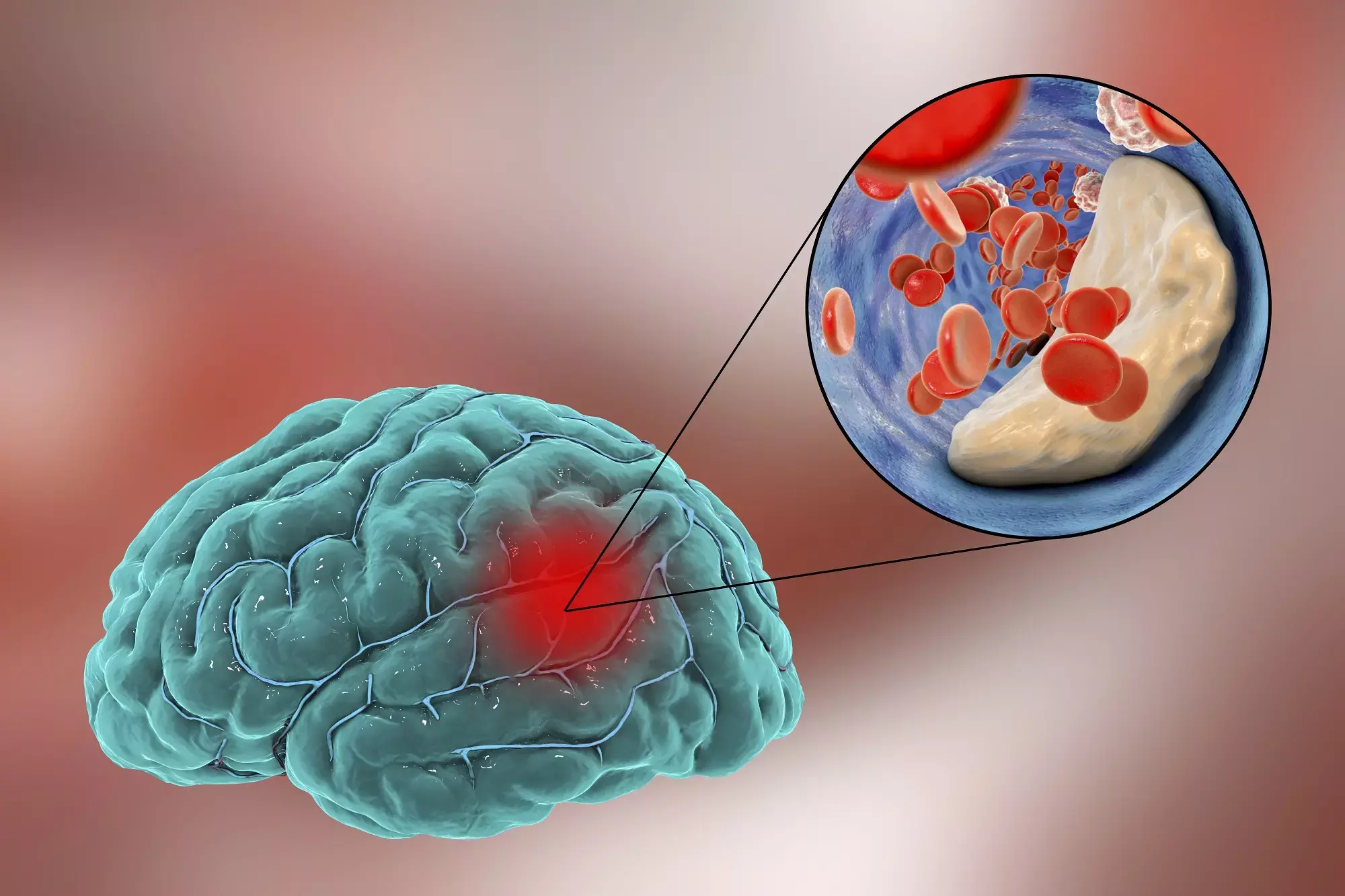- Home
- Medical news & Guidelines
- Anesthesiology
- Cardiology and CTVS
- Critical Care
- Dentistry
- Dermatology
- Diabetes and Endocrinology
- ENT
- Gastroenterology
- Medicine
- Nephrology
- Neurology
- Obstretics-Gynaecology
- Oncology
- Ophthalmology
- Orthopaedics
- Pediatrics-Neonatology
- Psychiatry
- Pulmonology
- Radiology
- Surgery
- Urology
- Laboratory Medicine
- Diet
- Nursing
- Paramedical
- Physiotherapy
- Health news
- Fact Check
- Bone Health Fact Check
- Brain Health Fact Check
- Cancer Related Fact Check
- Child Care Fact Check
- Dental and oral health fact check
- Diabetes and metabolic health fact check
- Diet and Nutrition Fact Check
- Eye and ENT Care Fact Check
- Fitness fact check
- Gut health fact check
- Heart health fact check
- Kidney health fact check
- Medical education fact check
- Men's health fact check
- Respiratory fact check
- Skin and hair care fact check
- Vaccine and Immunization fact check
- Women's health fact check
- AYUSH
- State News
- Andaman and Nicobar Islands
- Andhra Pradesh
- Arunachal Pradesh
- Assam
- Bihar
- Chandigarh
- Chattisgarh
- Dadra and Nagar Haveli
- Daman and Diu
- Delhi
- Goa
- Gujarat
- Haryana
- Himachal Pradesh
- Jammu & Kashmir
- Jharkhand
- Karnataka
- Kerala
- Ladakh
- Lakshadweep
- Madhya Pradesh
- Maharashtra
- Manipur
- Meghalaya
- Mizoram
- Nagaland
- Odisha
- Puducherry
- Punjab
- Rajasthan
- Sikkim
- Tamil Nadu
- Telangana
- Tripura
- Uttar Pradesh
- Uttrakhand
- West Bengal
- Medical Education
- Industry
Lipid Markers Can Predict Recurrent Infarcts in intracranial atherosclerotic disease

Hyperlipidemia is a strong risk factor for intracranial atherosclerotic disease (ICAD) and clinical stroke recurrence. A recent study suggests that low-density lipoprotein and triglyceride levels at the time of index stroke or transient ischemic attack can predict recurrent infarcts independent of other clinical and imaging factors. The study findings were published in the Journal of Stroke & Cerebrovascular Diseases on October 26, 2021.
ICAD is a common cause of ischemic stroke with a high risk of clinical stroke recurrence. Multiple mechanisms may underlie cerebral ischemia in this condition. Dr Shyam Prabhakaran and his team conducted a study to explore the effect of serum lipid levels on subclinical infarct recurrence in the Mechanisms of earlY Recurrence in Intracranial Atherosclerotic Disease (MYRIAD) study.
- Upon analysis, the researchers observed that the mean HDL-C (37.2 vs 43.9 mg/dL) was lower and TG (113.5 vs 91.3 mg/dL) was higher, while TC (199.8 vs 174.3 mg/dL) and LDL-C (124.3 vs 101.2 mg/dL) were nominally higher among those with recurrent infarcts than those without.
- After adjusting for other clinical and imaging factors, they noted that LDL-C (adj. OR 1.022) and TG (adj. OR 1.009) were predictors of recurrent infarct at 6-8 weeks.
Medical Dialogues Bureau consists of a team of passionate medical/scientific writers, led by doctors and healthcare researchers. Our team efforts to bring you updated and timely news about the important happenings of the medical and healthcare sector. Our editorial team can be reached at editorial@medicaldialogues.in.
Dr Kamal Kant Kohli-MBBS, DTCD- a chest specialist with more than 30 years of practice and a flair for writing clinical articles, Dr Kamal Kant Kohli joined Medical Dialogues as a Chief Editor of Medical News. Besides writing articles, as an editor, he proofreads and verifies all the medical content published on Medical Dialogues including those coming from journals, studies,medical conferences,guidelines etc. Email: drkohli@medicaldialogues.in. Contact no. 011-43720751


